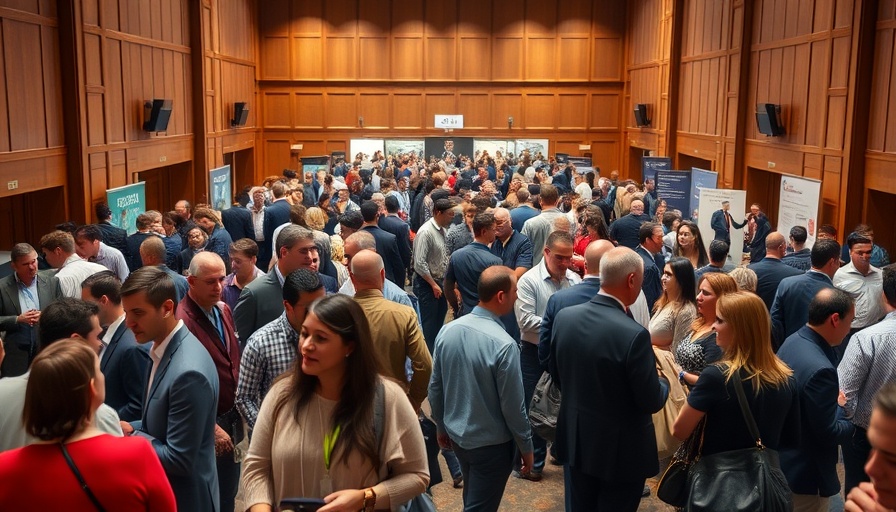
The A.I. Tsunami: Navigating Job Applications in the Digital Age
In the rapidly evolving job market, where technology intertwines with daily business operations, a new phenomenon has emerged: A.I.-generated résumés flooding job applications. This ‘A.I. sludge’ phenomenon, characterized by an overwhelming influx of applications powered by tools like ChatGPT, is altering the way candidates and employers navigate the hiring process.
Understanding the Surge: Why A.I. Applications Are Rising
Over the past year, LinkedIn reported a staggering 45% increase in job applications, which equates to an average of 11,000 applications per minute. This dramatic rise largely stems from candidates employing advanced A.I. tools to craft their résumés. Many job seekers, unfamiliar with how to tailor applications effectively, now turn to platforms that utilize generative A.I. to insert keywords directly from job descriptions into their résumés with one click. Additionally, some candidates are even hiring A.I. agents to autonomously apply for jobs on their behalf.
The Recruitment Dilemma: Identifying Genuine Candidates
Recruiters are feeling the strain. With the job market inundated by applicants, discerning the genuinely qualified candidates from those who merely used A.I. to enhance their applications has become increasingly challenging. Hung Lee, an experienced recruiter, described the current scene as an "applicant tsunami." He warns that this trend could persist, with A.I.-generated applications continuing to saturate the market, potentially leading to a disconnect between employers and suitable candidates.
Employer Responses: Innovations in Hiring Practices
In response to the deluge of applications, innovative solutions are emerging in the hiring process. One notable development is the implementation of automated chat and video interviews conducted by A.I. tools. For instance, Chipotle’s hiring platform features A.I. chatbot Ava Cado, which has reportedly reduced the hiring time by an impressive 75% while also filtering candidates more effectively. Such advancements demonstrate how businesses are adapting to streamline the recruiting process in the face of overwhelming demand.
Looking Ahead: Future Implications of A.I. in Recruitment
The intersection of A.I. technology and hiring practices demands careful examination. As candidates increasingly leverage automated tools to enhance their résumés, employers must remain vigilant and innovative to effectively sort through the noise. Future recruitment may rely heavily on sophisticated A.I. systems that not only analyze applications based on skills and experience but also assess personality traits and cultural fit through advanced predictive algorithms.
Broader Perspectives: What's at Stake?
This A.I. evolution reflects larger trends within the economy. As job roles evolve with technology, the skills required also change. Companies that fail to adapt their hiring processes may miss out on valuable talent simply because they cannot sift through an overwhelming number of applications effectively. Moreover, it raises questions about fairness and equity in the hiring process—who stands a chance in a market where only the best-optimized applications are noticed?
Conclusion: Embracing Change in the Job Market
The job search landscape is undeniably shifting, blending traditional hiring methods with new technologies. While the A.I. ‘sludge’ complicates recruitment on one hand, it also offers opportunities for innovation and efficiency. As both candidates and employers navigate this challenging terrain, the focus must remain on maintaining a fair and accessible hiring process amid these significant technological advancements.
 Add Row
Add Row 
 Add
Add 


Write A Comment